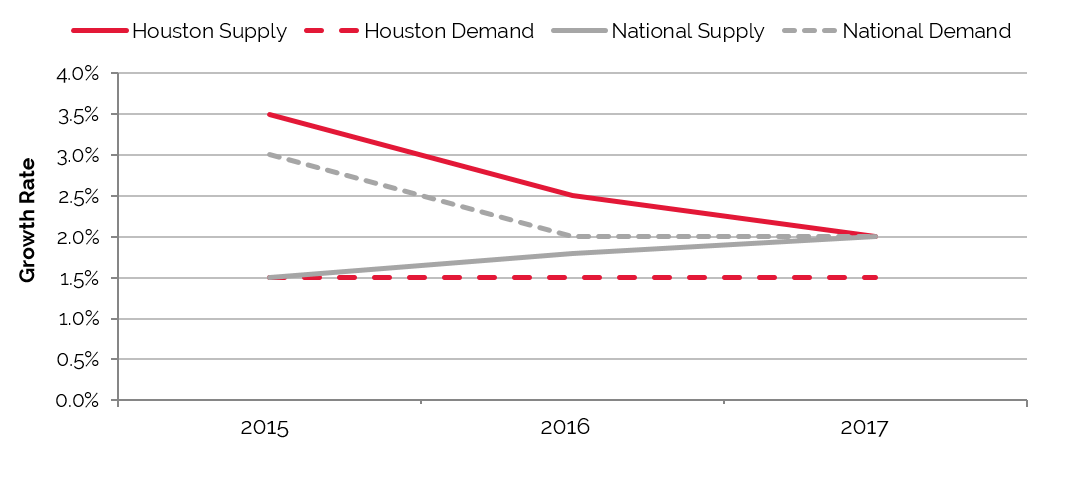HVS Design and Jonathan Nehmer + Associates (JN+A) are proud to announce the completion of the 2016 Hotel Cost Estimating Guide. The Guide is a comprehensive listing of capital expenditure construction and FF&E costs for hotel renovations in the USA.
Industry Insights
We have written thousands of articles about all aspects of hospitality, including valuations, investing, lending, operations, asset management, and much more.
2016 Hotel Cost Estimating Guide
HVS Design and Jonathan Nehmer + Associates (JN+A) are proud to announce the completion of the 2016 Hotel Cost Estimating Guide. The Guide is a comprehensive listing of capital expenditure construction and FF&E costs for hotel renovations in the USA.
What Time Is The 3 PM Parade? (Should your hotel have some Mickey Mouse® in it?)
Vicki Richman attended Disney Institute. We have incorporated much of what she learned into our company. Every year we improve our company’s culture and that of our hotels. If the Walt Disney Company is any benchmark, it's clearly worth doing.
Key Takeaways: Hunter Hotel Conference
The Hunter Hotel Conference brought out insights from every corner of the industry, marking potential upsets and opportunities to gain ground for U.S. hoteliers in 2016.
Access HVS Boston Key Takeaways
Access HVS Networking Event in Cambridge reveals strengths and challenges for New England markets.
In Focus: Houston, TX
Thanks to energy-driven demand, Houston achieved record occupancy levels in 2014. The recent fall of oil and gas prices and more than 5,000 new rooms on the horizon poses a challenge to market-wide occupancy, though average rates continue to climb.
Seven Key Takeaways | The Americas Lodging Investment Summit 2016 (ALIS)
The annual Americas Lodging Investment Summit (ALIS) kicked off the year with insights into hotel transactions, performance, and lending trends. What do experts expect for the industry in 2016?
In Focus: Hampton Roads, VA
Though on the verge of an influx of new hotel supply, demand in Hampton Roads has risen in recent years, improving occupancy and allowing hoteliers to command better rates.
In Focus: Seattle, WA
Occupancy swung above 75% for Seattle’s hotel industry in 2014, a reflection of the city’s blossoming economy. High demand has also supported strong average rates and rising hotel values.
The Millennial Shift in Hotel Brands
The past ten years have ushered in the introduction of more new hotel brands than any time in modern history. Most of these are geared toward the Millennial Generation, with hotel companies creating concepts to capture this vital segment of demand.
Three Key Takeaways | 2015 CHICOS
HVS held its fifth annual Caribbean Hotel Investment Conference and Operations Summit (CHICOS) in San Juan, Puerto Rico on November 12–13, where discussions on financing trends, emerging markets, and development pipelines had a common theme: growth.
Industry Insights
We have written thousands of articles about all aspects of hospitality, including valuations, investing, lending, operations, asset management, and much more.
Vicki Richman attended Disney Institute. We have incorporated much of what she learned into our company. Every year we improve our company’s culture and that of our hotels. If the Walt Disney Company is any benchmark, it's clearly worth doing.
The Hunter Hotel Conference brought out insights from every corner of the industry, marking potential upsets and opportunities to gain ground for U.S. hoteliers in 2016.
Access HVS Networking Event in Cambridge reveals strengths and challenges for New England markets.

Thanks to energy-driven demand, Houston achieved record occupancy levels in 2014. The recent fall of oil and gas prices and more than 5,000 new rooms on the horizon poses a challenge to market-wide occupancy, though average rates continue to climb.
The annual Americas Lodging Investment Summit (ALIS) kicked off the year with insights into hotel transactions, performance, and lending trends. What do experts expect for the industry in 2016?
Though on the verge of an influx of new hotel supply, demand in Hampton Roads has risen in recent years, improving occupancy and allowing hoteliers to command better rates.
Occupancy swung above 75% for Seattle’s hotel industry in 2014, a reflection of the city’s blossoming economy. High demand has also supported strong average rates and rising hotel values.
The past ten years have ushered in the introduction of more new hotel brands than any time in modern history. Most of these are geared toward the Millennial Generation, with hotel companies creating concepts to capture this vital segment of demand.
HVS held its fifth annual Caribbean Hotel Investment Conference and Operations Summit (CHICOS) in San Juan, Puerto Rico on November 12–13, where discussions on financing trends, emerging markets, and development pipelines had a common theme: growth.

Robust demand in urban centers continues to drive Canadian hotel values despite high interest rate environment.